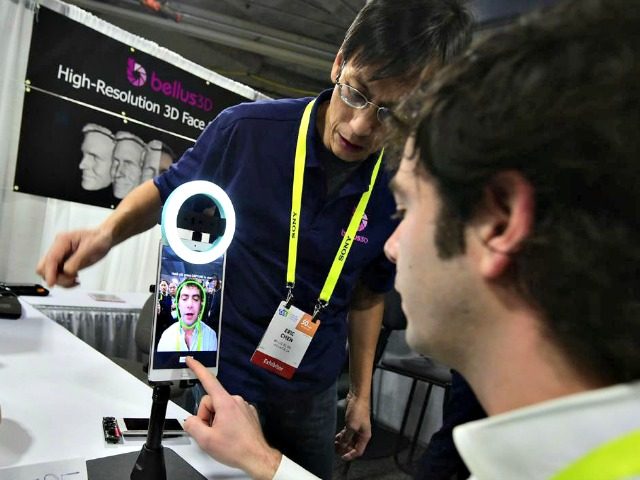A Congolese national attempting to pose as a Frenchmen to enter the U.S. illegally had his plan foiled when a D.C. airport’s facial recognition scanner confirmed the man’s identity did not match his passport, officials said.
The instance marked the first time a facial biometric scanner was used at an airport to assist federal officials in spotting a fraud, U.S. Customs and Border Protection (CBP) officials announced Thursday.
The 26-year-old illegal alien had arrived at Washington Dulles International Airport from Sao Paulo, Brazil, and handed over a French passport to CBP officers.
But when CBP officers deployed the biometric facial scanning technology, they found the Congolese national’s identity did not match his French passport.
Officials say the man became nervous when agents asked him to undergo a secondary screening.
When officials searched the man, they found a card inside his shoe identifying him as a citizen of the Republic of Congo. Officials say the man’s identity is being withheld while authorities investigate further.
The biometric scanner program began August 20 at Dulles International and had been in operation for three days when the scanner noticed the impostor. Casey Durst, CBP’s Director of the Baltimore Field Office, said in a statement:
Facial recognition technology is an important step forward for CBP in protecting the United States from all types of threats. Terrorists and criminals continually look for creative methods to enter the U.S. including using stolen genuine documents. The new facial recognition technology virtually eliminates the ability for someone to use a genuine document that was issued to someone else.
Dulles International is one of 14 U.S. airports that introduced the technology on August 20.
New York’s John F. Kennedy International Airport, Orlando International Airport in Florida, and Mineta San Jose International Airport in California also introduced the facial recognition technology at screening checkpoints.
CBP officials say they are using the technology to assess whether travelers can pass biometric scans at airports instead of showing their passports or photo I.D. cards to agents.

COMMENTS
Please let us know if you're having issues with commenting.